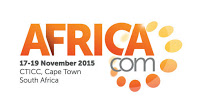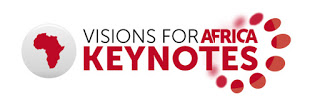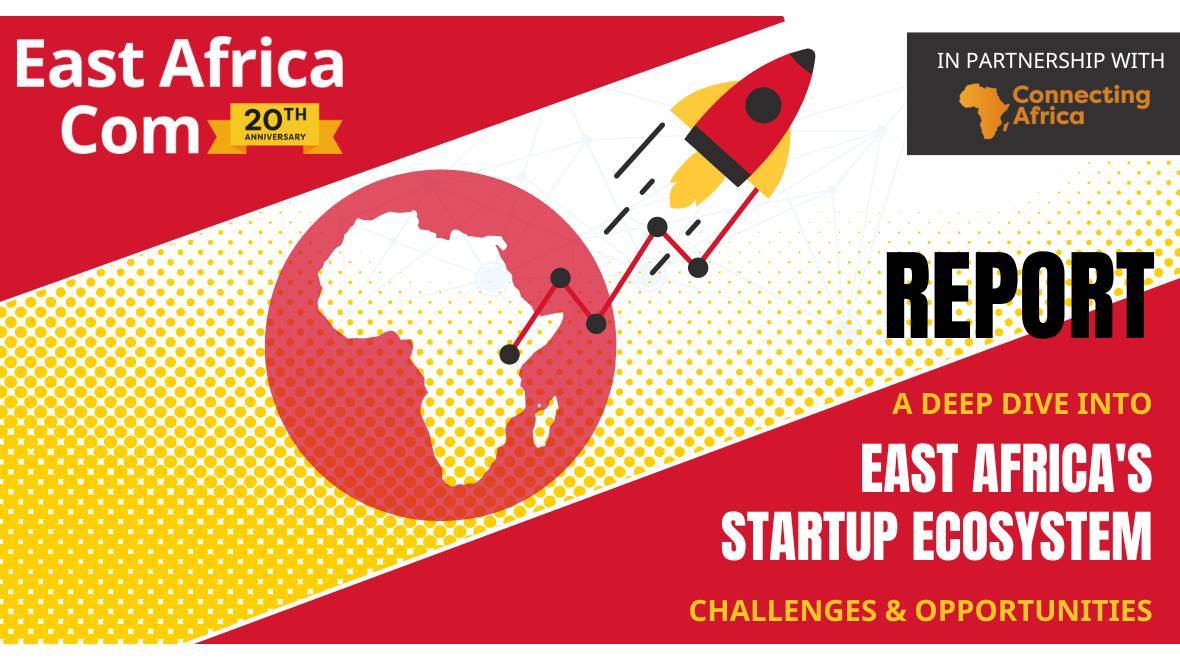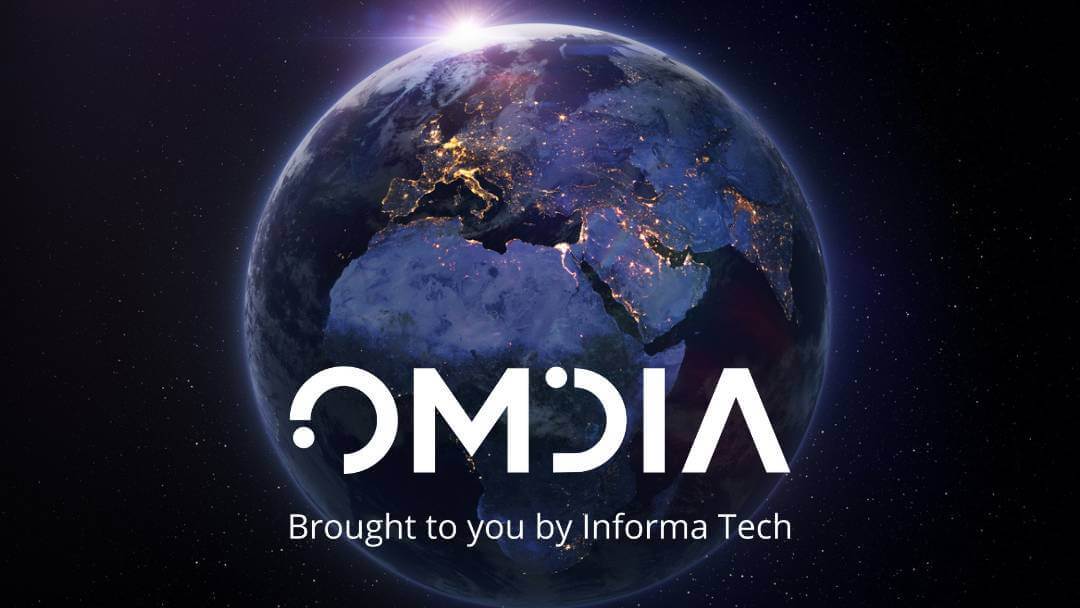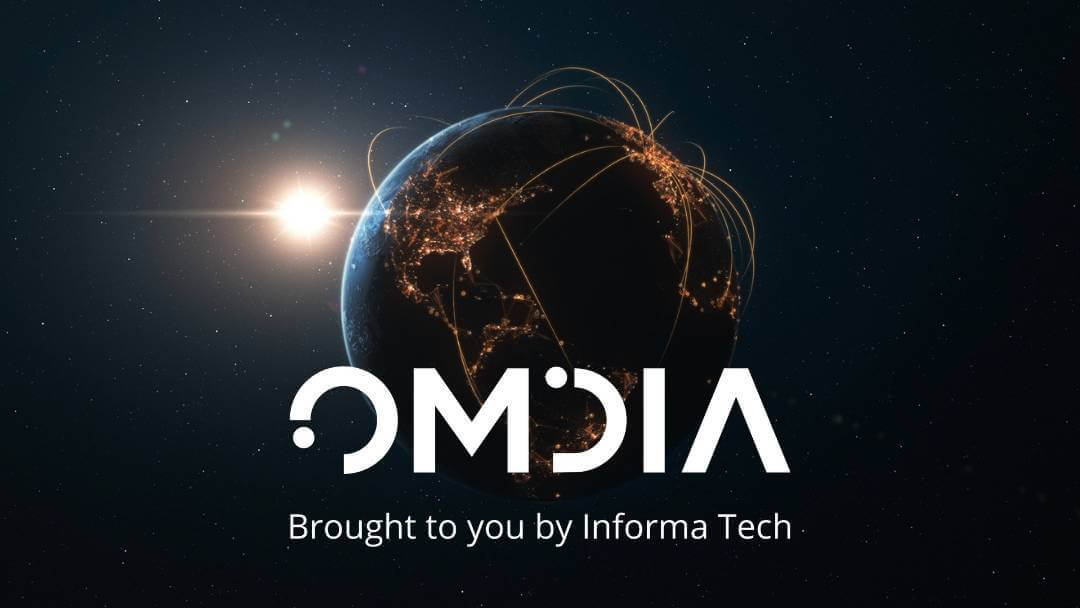“Think with an entrepreneur’s mind & resolve problems using innovative solutions” Interview of Airtel’s Christian de Faria for AfricaCom
Christian De Faria has been CEO of Airtel Africasince 2013. He has over 30 years of rich industry experience across multiple geographies, diverse sectors and organizations such as MTN, Telekom Malaysia, Disc Vision, Deutsche Telecom and Grundig.
He shares his views on Africa’s telecom market ahead of his participation to the keynote panel on innovation at AfricaCom.
- · Making the M-payments environment mainstream
- · The bridging of the $20 smartphone which will result in widespread adoption of the Mobile Internet.
- · The Digital dividend will enable more highly accessible broadband capacity at higher speeds which will allow more innovation and greater opportunity for Africa.
A: What services will enable telecom operators to generate revenue from data?
CDF: First, sponsored data – OTT players, App developers, and content owners have an increasing desire to reach the end user, in the process the Operators are losing out on big revenue opportunities. This situation is putting pressure on the top/bottom lines of operators as the data contribution to overall revenue is increasing. Currently content providers do not have any commitment on the consumption limits. Sponsored data is a perfect solution which allows an operator to get revenue from the bulk volume sales to the content providers and the end user can access the discounted services. It’s a win-win proposition for the ecosystem, where the Content providers ensures access to its content at much lower prices, the user gets the service access at a lower cost and the Operator gets a share of the revenue.
- · Encourage multi-stakeholder consultation on policy and regulations.
- · Reduce taxes and import duties on telecommunication ICT equipment and services.
- · Ensure fair distribution and allocation of Digital Dividend spectrum and put caps where appropriate.
- · Encourage network and facility sharing and utilize Universal Service Funds (USFs) to close the digital divide.
- · Ensure transparency and openness (e.g. by making market data and regulations available).
A: How can telecom and digital brands create more value for African consumers?
- · Bringing more relevant global content at affordable prices.
- · More Localized content.
- · Affordable Packs.
- · Affordable devices.
- · Transparency in Consumption and Charging.
- · Education for the end user through simplified portals like One Touch Internet.
A: How is the role of OTT players evolving in Africa’s market? How are their relations with Telcos changing?
- · The changing regulatory landscape in Africa including Dominance and Significant Market Power taxation and spectrum Licensing – (Note from AfricaCom: Hear about it in the Regulatory Panel in Connecting Africa on day 1 at 12.20)
- · The adoption of data and OTT led services and the role of OTT players within the infrastructure and regulated environments. (Note from AfricaCom: Attend the Vision for Africa keynotes on all 3 days)
- · New digital services for Africa. (Note fromAfricaCom: Attend Digital Entertainment (day 1), New Revenue Streams (day 2) and Mobile Money (days 1 & 2)
- · Growth and monetization of LTE in Africa (Note from AfricaCom: Attend LTE Africa on all 3 days)
Hear more from Christian de Faria in the AfricaCom opening keynote’s Innovation Leadership Panel (Tuesday 17th November, 9am), where he will discuss how to support a culture of innovation and entrepreneurship in digital Africa with other tech leaders: ), operatorMarc Rennard (EVP AMEA, Orange Group), OTT player Markku Mäkeläinen (Director, Global Operator Partnerships, Facebook), investor & Forbes 20 Youngest Power Women in Africa Dr Jackie Chimhanzi (Senior Strategist, IDC), broadcaster & tech specialist Larry Madowo (NTV Kenya) and entrepreneur & WEF Young Global Leader Bright Simons (President, mPedigree).
For more information on the programme click here
He shares his views on Africa’s telecom market ahead of his participation to the keynote panel on innovation at AfricaCom.
- · Making the M-payments environment mainstream
- · The bridging of the $20 smartphone which will result in widespread adoption of the Mobile Internet.
- · The Digital dividend will enable more highly accessible broadband capacity at higher speeds which will allow more innovation and greater opportunity for Africa.
- · Encourage multi-stakeholder consultation on policy and regulations.
- · Reduce taxes and import duties on telecommunication ICT equipment and services.
- · Ensure fair distribution and allocation of Digital Dividend spectrum and put caps where appropriate.
- · Encourage network and facility sharing and utilize Universal Service Funds (USFs) to close the digital divide.
- · Ensure transparency and openness (e.g. by making market data and regulations available).
- · Bringing more relevant global content at affordable prices.
- · More Localized content.
- · Affordable Packs.
- · Affordable devices.
- · Transparency in Consumption and Charging.
- · Education for the end user through simplified portals like One Touch Internet.
- · The changing regulatory landscape in Africa including Dominance and Significant Market Power taxation and spectrum Licensing – (Note from AfricaCom: Hear about it in the Regulatory Panel in Connecting Africa on day 1 at 12.20)
- · The adoption of data and OTT led services and the role of OTT players within the infrastructure and regulated environments. (Note from AfricaCom: Attend the Vision for Africa keynotes on all 3 days)
- · New digital services for Africa. (Note fromAfricaCom: Attend Digital Entertainment (day 1), New Revenue Streams (day 2) and Mobile Money (days 1 & 2)
- · Growth and monetization of LTE in Africa (Note from AfricaCom: Attend LTE Africa on all 3 days)


